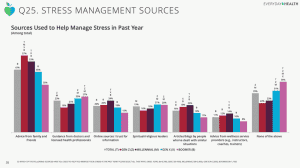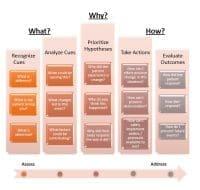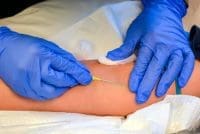A recent survey conducted by Everyday Health may reveal insights for nurses and other healthcare providers when caring for patients.
The survey looked at stress in different generations. Researchers asked the participants about various aspects of the stress they experience, including stress management, frequency and severity of an episode, where an episode occurs, and where they typically receive stress management education.
Across the generations (Gen Z to Baby Boomers), all participants reported receiving most advice from their family and friends. The second most reported avenue for education was from doctors and licensed health professionals; however only 23% of all participants reported using this source.

Source: Everyday Health
Additionally, only 30% of all participants reported having seen a doctor about their stress in the past year – the highest reports came from Gen X participants (32%) and the lowest from Gen Z (25%).
These results indicate that more proactive education about stress and stress management may be needed. Your patients may be reluctant to talk to you about stress or it may not even occur to them to do so. The result may be that they receive information from other less reliable sources.
Please find the generation report here, and Everyday Health’s other stress-related reports here.
Sources:


















